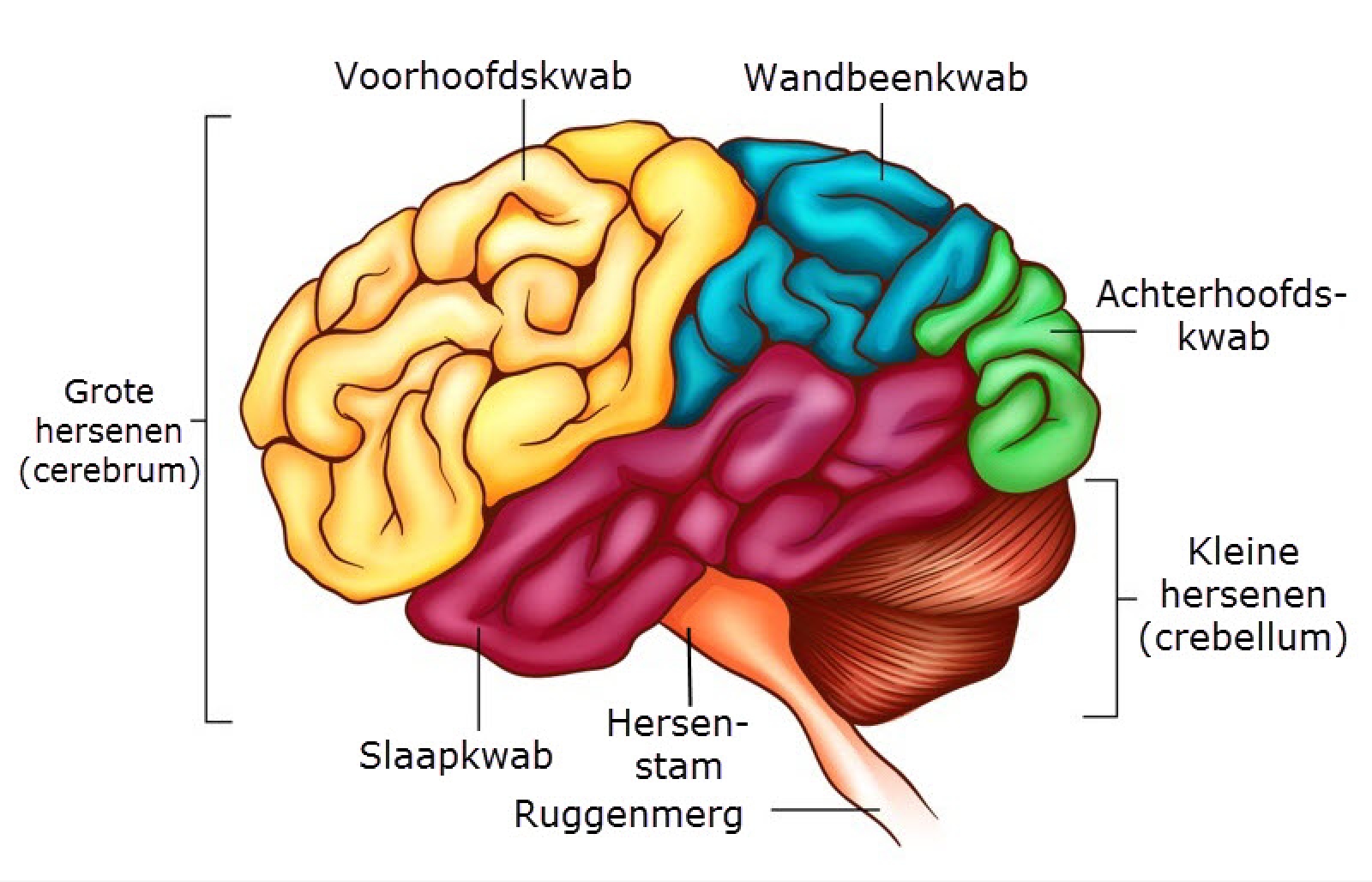How does sleep work in your brain?
Sleep is a complex biological process that is regulated by different brain regions and chemicals. Your sleep cycle consists of multiple phases and is influenced by light, neurotransmitters and circadian rhythm.
1. Circadian rhythm and your biological clock
The suprachiasmatic nucleus (SCN) in the hypothalamus functions as your internal clock. It receives light signals through your eyes and controls the production of melatonin . In the evening, melatonin production increases and you become sleepy.

2. The role of adenosine and sleep pressure
The longer you are awake, the more adenosine builds up in the brain. This creates sleep pressure. During sleep, your body breaks this down again.
Curious how you can naturally support this? Try the trial pack with 2 Sleeping Bears .

3. Sleep Stages: NREM and REM Explained
The sleep cycle consists of five stages, including deep NREM sleep and REM sleep (dream sleep). In deep sleep your body recovers, during REM your brain processes emotions and memories.
- Stage 1-2: Light sleep
- Stage 3-4: Deep sleep (delta waves)
- Stage 5: REM sleep
4. Which parts of your brain regulate your sleep?
- Hypothalamus: controls your internal clock
- Thalamus: filters stimuli during sleep
- Brainstem: regulates transitions between sleep phases
- Cortex: active during dreams (REM)

5. Important Neurotransmitters for Sleep
- Melatonin: makes you sleepy
- Adenosine: increases sleep pressure
- GABA: helps you relax
- Orexin: keeps you awake
Want natural support of GABA and melatonin? Check out the Sleeping Bears 30 pieces .

6. Homeostatic sleep regulation
In addition to the circadian rhythm, your body measures the 'sleep debt' via a homeostatic system. The longer you are awake, the stronger the signal to sleep becomes.
Conclusion: This is how sleep really works
Sleep is a carefully coordinated process, driven by brain activity and chemistry. Understanding your sleep rhythm can help you make better choices about your sleep.
A natural solution like Sleep Bears helps you to gently support this process. Try it yourself and experience the difference.






